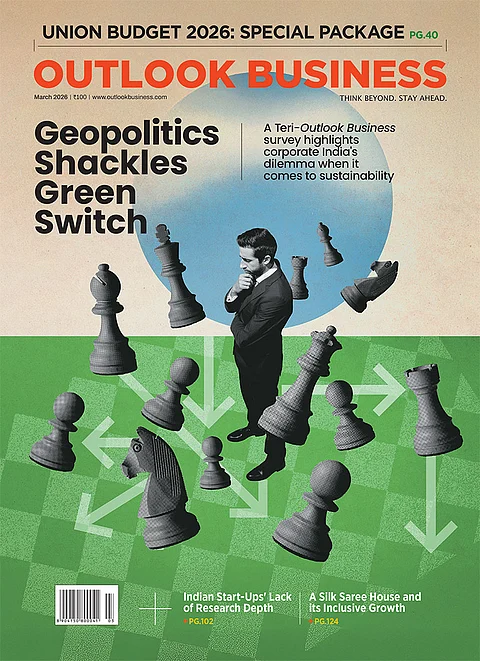The logical case for diversity bonuses can be constructed by connecting repertoires to outcomes on specific tasks. Diverse categories and mental models improve predictions. Diverse representations and heuristics improve problem solving. Diverse perspectives and categories lead to more adjacent possibles and make groups more creative. Diverse information and knowledge improve a group’s ability to verify the truth.
In all of these domains, the right type of diversity can improve outcomes. On complex tasks, the best team will not consist of the best individuals. Teams need diversity. Diversity, though, is no panacea. Only rarely will the best team be maximally diverse. Most often, the best team will balance individual ability and collective diversity.
The relative importance of diversity depends on the corpus of relevant perspectives, knowledge, heuristics, models, and information. If there is much that can be applied to the task, diversity becomes more important. It follows that as we reach the frontiers of any discipline, we should seek diversity. The search for diversity can spur us to look across disciplines. Chemists look to physicists to better understand chemical structures. Ecologists turn to mathematicians to better understand niche dynamics. Economists turn to psychologists and neuroscientists to construct more accurate models of people.
On many of the challenges we face today, we need diversity to span disciplines. As already noted, America’s obesity epidemic falls into multiple disciplinary buckets. People may have biological predispositions that are exacerbated by abundant opportunities to choose fattening, unhealthy food. The current transportation infrastructure and zoning laws force more of us into cars and fewer of us onto sidewalks. No single cure exists. Making progress on the obesity epidemic will require thoughtful interventions based on input from doctors, marketers, public health professionals, sociologists, economists, and engineers. Finally, if, on the challenges we face, be they improving educational outcomes or selling running shoes, our identity differences correlate with relevant knowledge bases, understandings, and models, then the logic demonstrates the value of identity diversity.
These models reveal logical truths. They do not guarantee that in the world of people, diversity bonuses will always arise. By revealing logical truths, models enable us to interpret and structure empirical data. More importantly, they delineate the routes we must follow to achieve bonuses and help define the behaviors we must adopt to achieve bonuses. To reorder da Vinci’s claim, the models provide a compass and rudder.
This is an extract from Scott Page's The Diversity Bonus published by Princeton University Press











